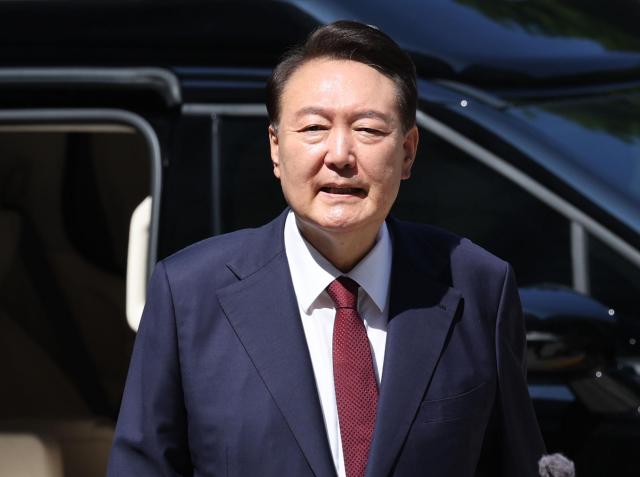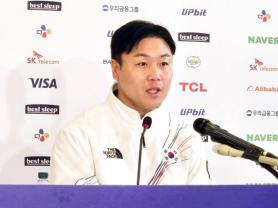
SEOUL, June 25 (AJP) - Former President Yoon Suk Yeol's legal team filed a formal objection with the Seoul Central District Court on Wednesday, pushing back against an arrest warrant request from the special counsel investigating his December 3 martial law declaration. They argued that the warrant lacks legal basis and violates Yoon's right to a fair defense.
Before the special counsel took over, Yoon had been summoned three times by the police -- on June 5, 12, and 19 -- but declined to appear on each occasion. He made it clear that he did not intend to respond during the police investigation phase, prompting concerns that he was trying to run out the clock on the limited-duration inquiry.
In the written opinion submitted to the court, Yoon's lawyers claimed the request was procedurally improper and blindsided the former president. "President Yoon has not received a single summons from the special counsel. We have not been informed of where the office is located, who the lead prosecutor is, or where any questioning would take place," the lawyers said in a statement. "Skipping every basic procedure and going straight to an arrest request is impossible to understand and seriously infringes on his legal rights."
The team also questioned the legitimacy of the warrant, noting that it was based on summons issued during an earlier police investigation. "The police and the special counsel are clearly separate investigative bodies," the statement read. "Basing a special counsel's arrest warrant on police summons lacks legal validity and procedural fairness."
The court is currently reviewing the submission and could issue a decision as early as today. Unlike detention warrants, arrest warrants in South Korea can be granted without a formal hearing.
Special Counsel Cho Eon-seok filed the arrest warrant on Jun. 24, just six days after formally launching the investigation. Yoon is facing multiple charges, including obstruction of official duties, abuse of power, and instigating violations of the Presidential Security Act.
Prosecutors allege that he ordered the Presidential Security Service to block police from arresting him on Jan. 3, and that he later instructed top military intelligence officials to delete encrypted phone records linked to the martial law plan.
Yoon's lawyers said he had intended to cooperate with the special counsel and appear voluntarily once a schedule was agreed upon. They characterized the arrest warrant as an ambush and reiterated that he is willing to respond to a properly issued summons.
The charges stem from Yoon's declaration of martial law on Dec. 3, 2024. The move, which bypassed the National Assembly, included the deployment of military units and the activation of emergency communication protocols, raising serious constitutional concerns.
Two failed attempts to arrest Yoon followed in January. On both January 3 and January 15, officers from the Corruption Investigation Office for High-ranking Officials (CIO) were stopped by the Presidential Security Service at the gates of his residence. Yoon's legal team at the time argued the CIO lacked the authority to detain a sitting or former president under the Constitution.
On April 4, 2025, the Constitutional Court upheld the National Assembly's impeachment of Yoon, officially removing him from office. It was the first time a South Korean president had been impeached and ousted over allegations related to insurrection.
After the ruling, the case was transferred to prosecutors. In early June, the National Assembly passed legislation establishing a special counsel to investigate whether Yoon's actions amounted to insurrection or treason under the Criminal Act.
Cho's team began its work on June 18 and has moved quickly. Former Defense Minister Kim Yong-hyun was indicted for allegedly ordering the destruction of evidence, and prosecutors are now seeking an additional detention warrant for him. The special counsel has emphasized the urgency of the probe, which must be completed within 150 days by law.
Copyright ⓒ Aju Press All rights reserved.




